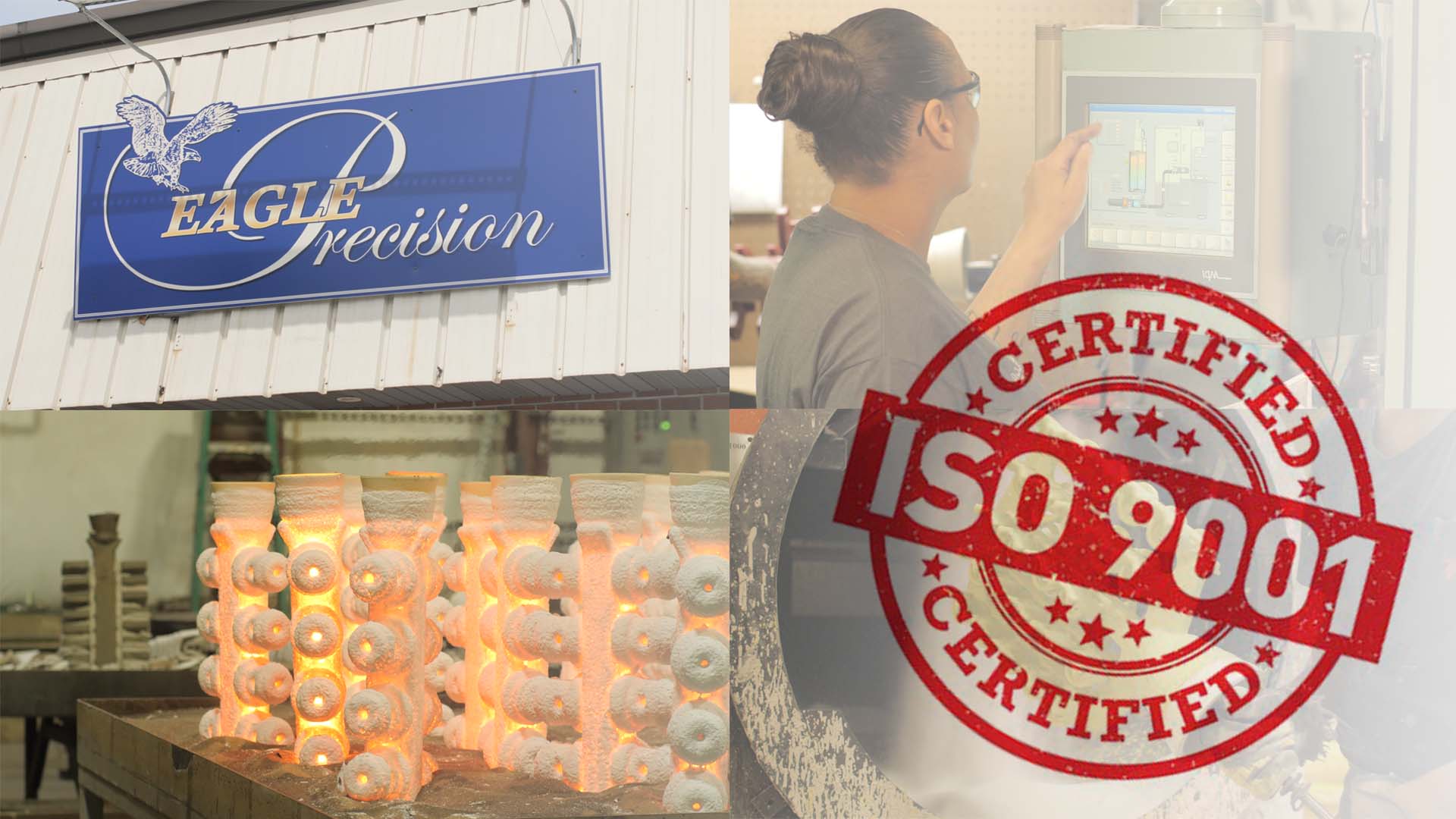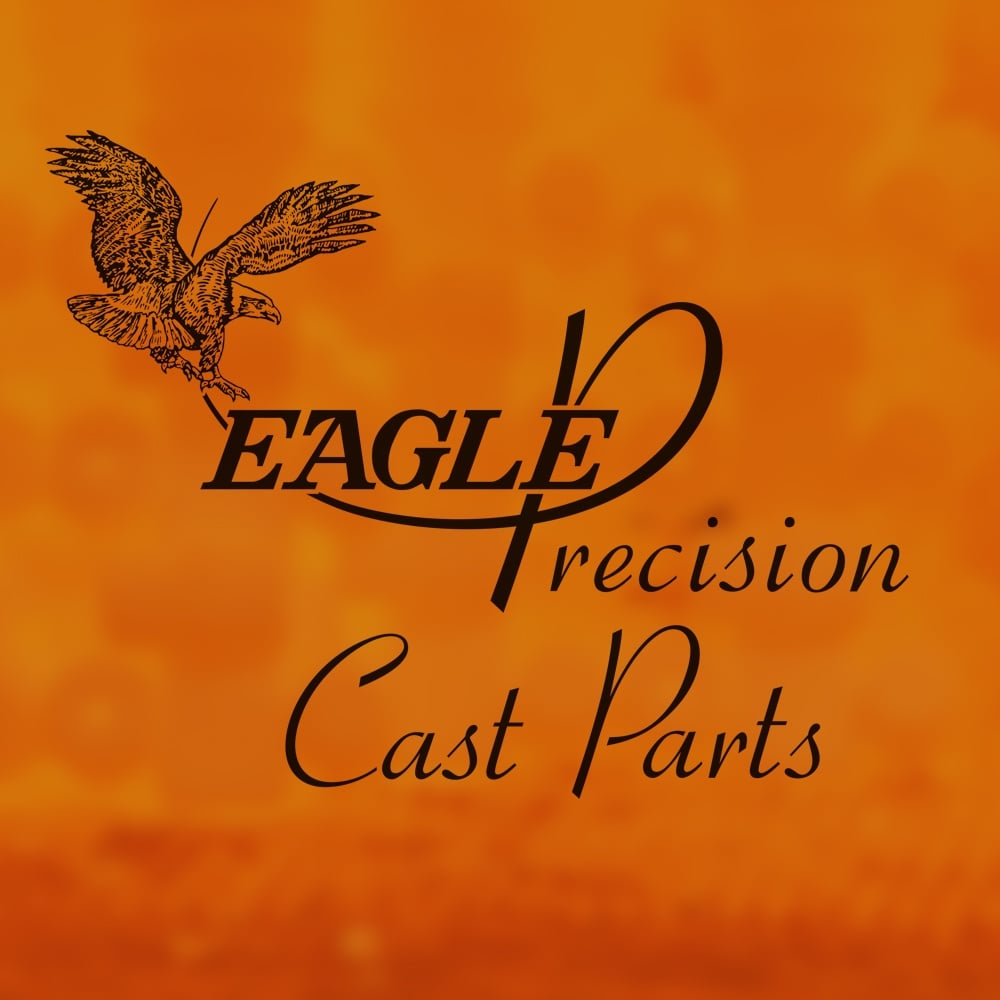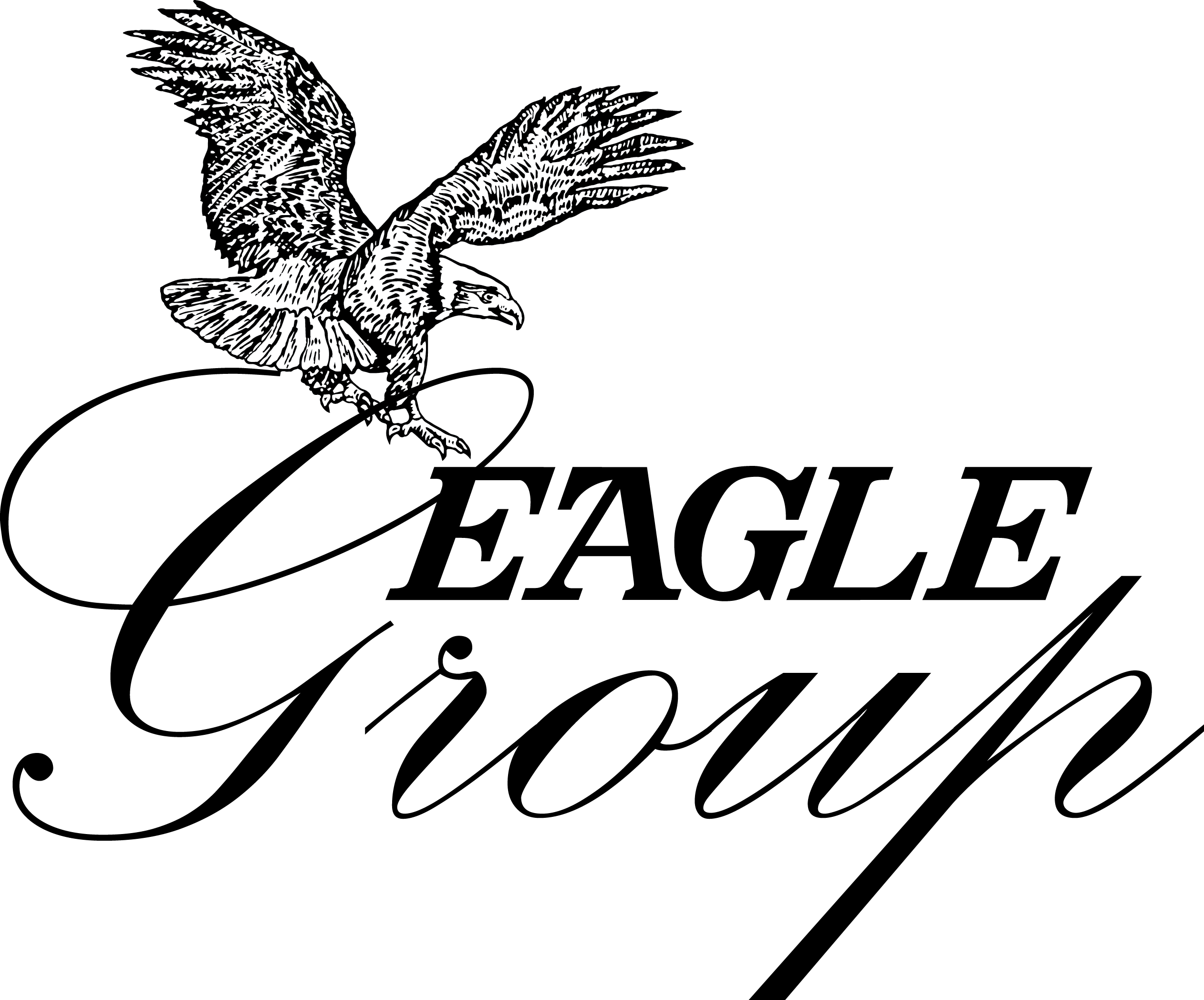Our Experience with ISO Re-Certification

In order to maintain efficient and successful operations in the manufacturing industry, quality control is extremely important. At Eagle Precision, we have developed a thorough quality policy that governs how we do business, from customer onboarding to product delivery. A big part of our dedication to quality is our adherence to ISO standards. Eagle Precision has been ISO certified since 2006, and we recently went through a re-certification process–and passed with flying colors.
By striving to exceed ISO standards, we are consistently motivated to evaluate and enhance our systems to ensure consistent product quality and reliability. As an investment casting company, we have overcome many challenges common to our peers in the industrial sector.
Here, we share our experience with ISO certification in order to guide manufacturing companies that are just beginning the process, or have had difficulty adapting their workflows to fit ISO requirements.
ISO Certification For The Manufacturing Industry
Established in 1947 in Switzerland, the International Organization for Standardization (ISO) is an independent body represented by delegates in over 160 countries. This organization is responsible for providing and developing standards that serve as benchmarks for quality, safety, and efficiency in various industries. ISO standards apply to manufacturing, but they also apply to hospitality, the service industry and just about every other sector as well. However, well-regulated standards are key to success in manufacturing, since one part often affects an entire supply chain.
Do Manufacturers Need ISO Certifications?
While being ISO certified is not a legal requirement, being certified has many benefits for manufacturers. Certifications like ISO 9001 make sure that a company has the ability to provide products and services that consistently meet customer and regulatory requirements. It also ensures that the certified companies continue to strive toward continuous improvement by developing more efficient and creative ways to solve problems.
Working with an ISO 9001-certified company like Eagle Precision means that you’re working with a company that not only meets rigorous standards of accuracy and precision, but also has put a lot of time and effort into ensuring continued quality through standardized processes.
Learn more about the pros and cons of ISO certification in our post, The ABCs of ISO.
Our Experience with the ISO Re-Certification Process
Getting an ISO certification is the first step in maintaining internationally accredited standards. Following the first successful certification, a surveillance audit is done every year, and a more comprehensive re-certification is done every three years. Re-certification audits essentially cover all the processes in the company’s quality systems from beginning to end, including company management, outside vendors and suppliers. Surveillance audits look at specific aspects of the company's quality management system, focusing on key processes or departments within the organization.
According to Eagle Precision Vice President, AJ Menefee, “We try to do everything we can throughout the year to maintain a quality system so that it’s not a mad scramble when we’re getting ready for the audit.” Surveillance audits allow companies to take corrective actions that limit recurrent problems as soon as they’re found.
Many factors go into a successful ISO re-certification, but diligent preparation is a major component. ISO's goal is not to police companies, but to provide a standard by which to measure quality and, more importantly, improvement. When a company follows guidelines provided during an ISO audit, they often see improvement in quality and process efficiency. “Our auditor was most impressed with our low return rate from our customers," Menefee said. "Our returns are awesome: well below 1% returns. In the foundry world, that’s pretty good.”
Another factor in passing an ISO certification or recertification is buy-in from employees at all levels. In a metal casting company like Eagle Precision, office staff as well as casting operators should be trained to coincide with ISO standards. ISO auditors interview various staff members during facility visits, looking for things like process adherence and consistency. While it may be a nerve-wracking experience for company employees, the company’s key is to make sure that their operators are well informed and well-trained beforehand."[The auditor] was also really impressed with the people that he talked to within our facility, which includes office staff as well as employees on the floor," Menefee said.
How Do You Become ISO Certified?
Eagle Precision became an ISO-certified company in 2006. Preparation for the certification took around six months of extra work beyond day-to-day business. The bulk of the work went into ensuring that the company’s manual on policies and procedures met ISO standards and that the production and quality systems were in line with the new manuals. Since then, the company has kept up with those standards every cycle for re-certification and enjoyed smoother, easier re-certification processes.
To become ISO certified, a company must hire an accredited auditor to perform a two-phase audit. Preparation for the first audit varies widely according to company type, size, sector and current practices, but the basic steps are as follows:
-
Develop a Management System
Before getting certified, one of the most important things you have to do is to develop, implement, and document the correct procedures for your production process by identifying your core business practices and making sure that your employees are properly trained.
-
Implement Your System
Monitor the effectiveness of your processes, take action to improve areas that need improvement, and make sure that your documentation reflects any changes made through effective reporting systems.
-
Select the Right Accredited Registrar or Certification Body
The ISO provides international standards, but they’re not involved in the certification of companies. This is performed by accredited certification bodies. In selecting an auditor or registrar, make sure that they have experience in your industry and that they have been accredited.
-
Request a Pre-Assessment
While your chosen certification body isn’t allowed to offer concrete advice, they can still help in the form of a preliminary audit or a trial run where you can confirm whether or not you’re meeting requirements.
-
Schedule a Documentation Review and Registration Audit
The documentation review is the first phase of the audit and involves an audit of documentation. The registration audit is the second phase, which involves a close review of the company’s quality management system.
-
Address Findings of Non-Conformance
Once auditors find parts of your quality management system that are not effective, findings of non-conformance will be written in as action requests on the audit report. For this, the auditor will provide a time frame for you to respond with action plans and evidence of actions taken to correct any problems.
-
Receive a Certificate of Registration
Once the certified body’s auditor accepts your response to action requests, a review board will assess the audit. If they accept the auditor’s recommendation, the certified body can then register your company and provide you a certificate of registration. Annual audits will then continue to be conducted over a three-year cycle.
How Long Does It Take To Become ISO Certified?
The time frame for each company to be ISO certified varies greatly. More often than not, the size of the company relates to how long it will take for the company to receive certification. The smaller it is, the quicker it can be.
According to QMS International, the length of the certification process in the manufacturing industry can take as little as 45 days from the first consultation.
Getting that ISO certification can be a grueling experience. Menefee, who's successfully overseen six major certification audits with Eagle Precision, recommends keeping it simple:
“If we were to write something into our quality system that exceeded what our manufacturing process could produce, we'd be setting ourselves up for failure. Just keep in mind that the system that you write should follow the system that you want to use throughout your plant to make it the easiest quality system to upkeep while still making sure that it meets the standard.”
Learn more about what we do at Eagle Precision:
Tags: ISO Certification, Eagle Precision

Written by Deb Pipoly
Deb Pipoly is President of Eagle Precision Cast Parts, an investment casting company located in Muskegon, MI.




